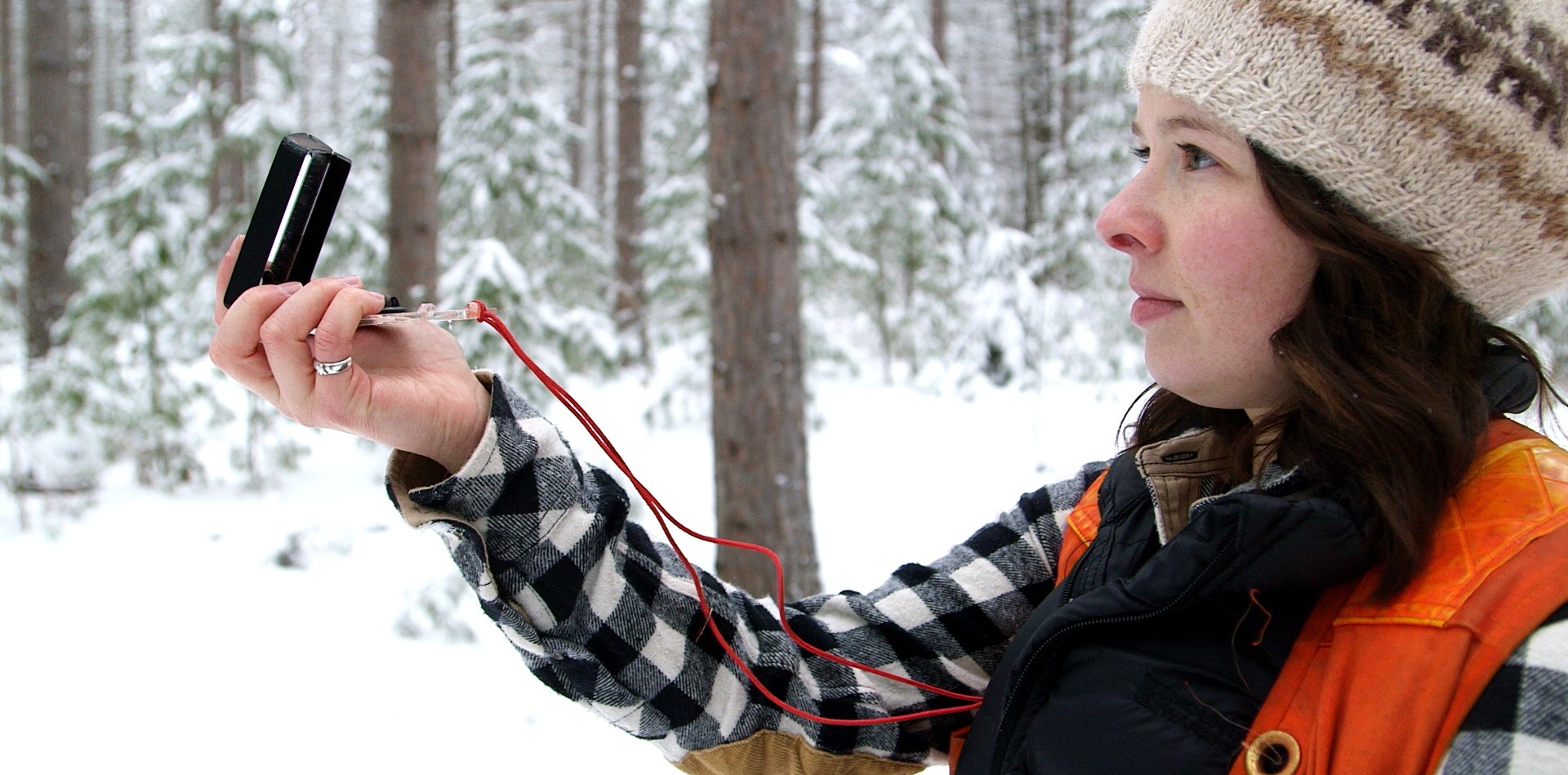I love forests. As a child growing up in an isolated, northern mining town, I spent a lot of time in the woods. Berry picking, ski-dooing, fishing, mosquito-swatting: it was home. Ironically, I had no concept of what forest management was, and my initial perceptions were formed entirely by media. Popular media taught me that cutting trees was bad and forests should be protected. A tree-hugger was born.
Luckily, life led me to people who encouraged me to ask questions and to not always believe what you read or hear. I took the time to learn more about forest management, and through my completion of a Bachelor of Science in Forestry at UNB, became intrigued and impressed by the complexity and problem-solving nature of working in the field. And one of the first things I figured out was – trees grow back! Imagine if we could get that message to everyone in Canada. We are legally and professionally required to ensure that managed forests successfully regenerate. Most often, we couldn’t stop them if we tried because forestry doesn’t equal deforestation. Some tree species need a little help to grow, and that’s part of our job as forestry professionals.

In my current position as Forester for the County of Renfrew, I am constantly encouraged by the dedication of the family-run businesses in this area, the operators in the woods, and all others in the tight-knit forestry community in central Ontario. All of these people truly care about the well-being of our forests, and every action they take is with the intention of making sure their children (and children’s children) have the opportunity to make a living from the forest. I feel lucky in my job to be able to talk the public about the great work that is done in our forests, and show it off whenever I get the chance. The best way to change someone’s mind about forestry is to allow them to see it with their own eyes.
I still believe that forests should be protected, and I am definitely still a tree-hugger. The difference is, I no longer equate “protect” with “don’t touch”. To me, protecting our forests means we manage them sustainably and encourage a vibrant forest industry so that land does not become more valuable as a solar farm, sub-division or corn field. We can recreate in the woods, provide habitat for all of nature’s wonders, and have a roof over our heads: today, tomorrow and always. This is because of the intensive amount of science, research, planning and care that goes into ensuring that there will always be diverse, healthy forests that can provide for all forest values. Sustainable forest management is a really good example of being able to have your cake and eat it too.
I plan on spending the rest of my career working in the forest, and I feel good about telling kids on the verge of choosing their career path that there’s something in the forest industry for them too. We manage our forests to the highest standards in the world, and I’m proud to be a small part of that. That’s why I stand up for forestry.
Lacey Rose, RPF


